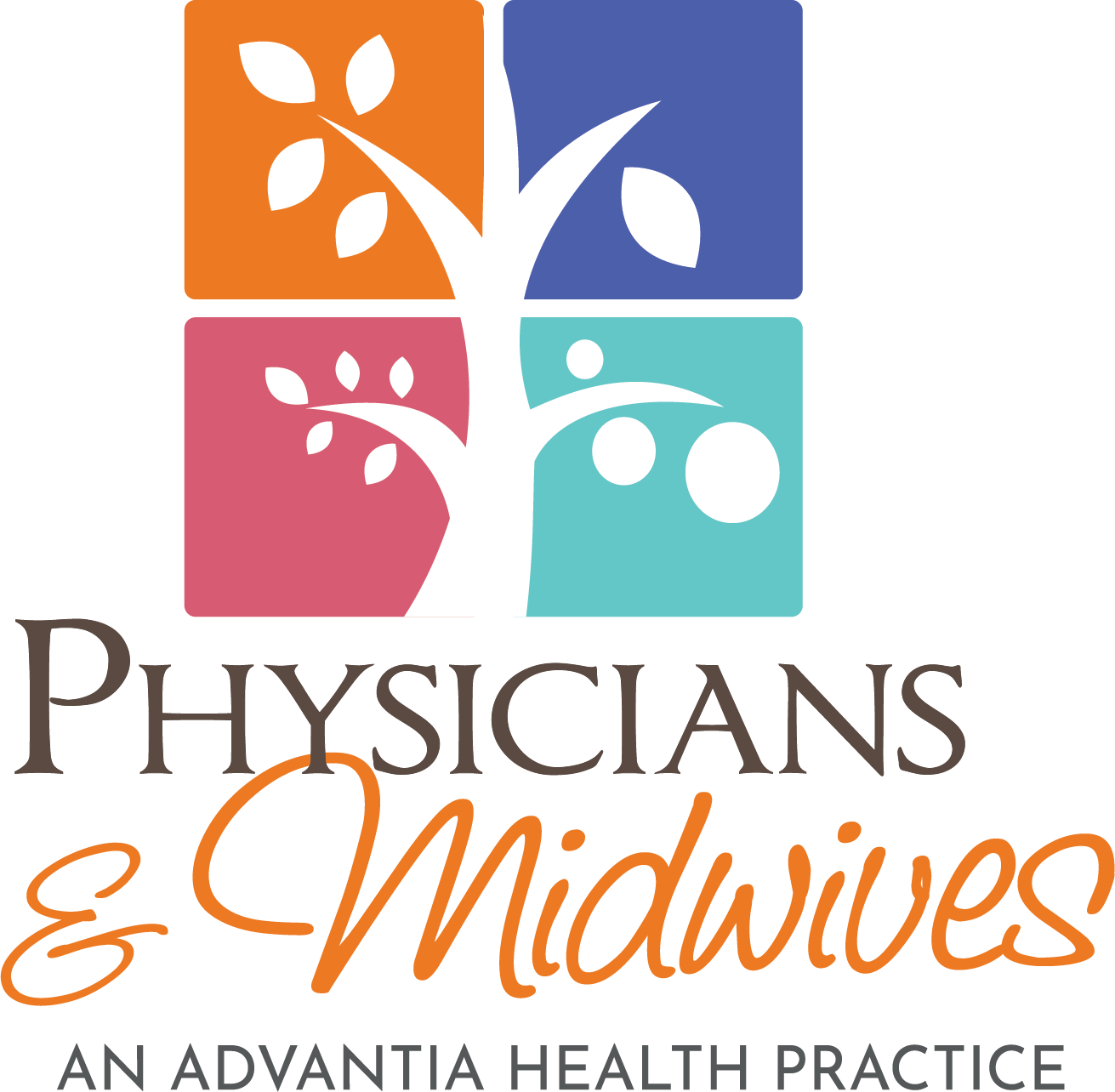
Published on: 9 September, 2013
Read Time: 3 min
Bringing a new life into your world can be quite a jolting experience, whether this is your first, second or seventh child. Newborns require constant care and are unpredictable in those early weeks, and it can take time for families to adjust to the new addition. Although new babies are met with much joy and celebration, getting acclimated to this new little person in your life can be a rough period.
Mothers particularly have a lot to endure. Mothers must navigate this major life change while her body heals, while her hormones regulate, while short on sleep and nursing around the clock, all the while acting as primary caregiver to this tiny being who needs so much.
Commonly, the weeks following birth may bring on the “baby blues,” a short (1-2 weeks) period of unstable moods and difficulty concentrating or sleeping. The mother typically comes out of this stage as hormones adjust. Around the same time, she becomes acclimated to feeding schedules and she can do just about as much for herself as she did before birth, so life is starting to feel normal.
However, for approximately 9-16% of postpartum women, symptoms may become more severe, or may extend beyond the weeks following birth. When symptoms impede your ability to care for your baby or yourself, and when symptoms impact your daily life, you may want to call your OBGYN about the possibility of postpartum depression, or PPD.
Symptoms of PPD considerably overlap the symptoms of general depression, and some symptoms are specific to motherhood. Mothers who have given birth within the past year may feel
- trouble eating or sleeping
- extreme fatigue
- unstable moods
- loss of interest in usual activities
- intense feelings of guilt anxiety
- withdrawal from relationships and difficulty bonding with baby
- thoughts of hurting herself or her baby
Mothers who experience any combination of these symptoms beyond a week or two should call their doctors to discuss what they are experiencing. It is important to note that these feelings are not simply inadequacy or the mother’s inability to adjust to life with a newborn. Postpartum depression is a clinical complication that is treatable with medical attention, just as any other post-birth complication would be medically treated.
In rare cases, mothers may hallucinate or feel disoriented, may experience paranoia, or may actually try to harm themselves or their babies. In this case, the mother is experiencing postpartum psychosis and requires immediate medical treatment for the safety of herself and her baby.
Unfortunately, many mothers needlessly suffer through postpartum depression when help is available. Whether due to embarrassment, stigma attached to mental health issues, or social pressure, women are reluctant to seek help for postpartum depression. Remember, your doctor or midwife can help you through birth-related medical issues, even the ones that you cannot see or touch.
Additional recommended articles:
- http://www.nlm.nih.gov/medlineplus/postpartumdepression.html
- http://www.mayoclinic.com/health/postpartum-depression/DS00546/DSECTION=symptoms
- http://www.apa.org/pi/women/programs/depression/postpartum.aspx

Physicians and Midwives, an Advantia Health Practice
Physicians and Midwives is a unique collaborative practice you won’t find anywhere else. We have 5 offices for your convenience all across Northern Virginia, including Alexandria, North Arlington, Mt. Vernon, Kingstowne, and Woodbridge. If you would like to be listened to, as well as cared for, then look no further.





